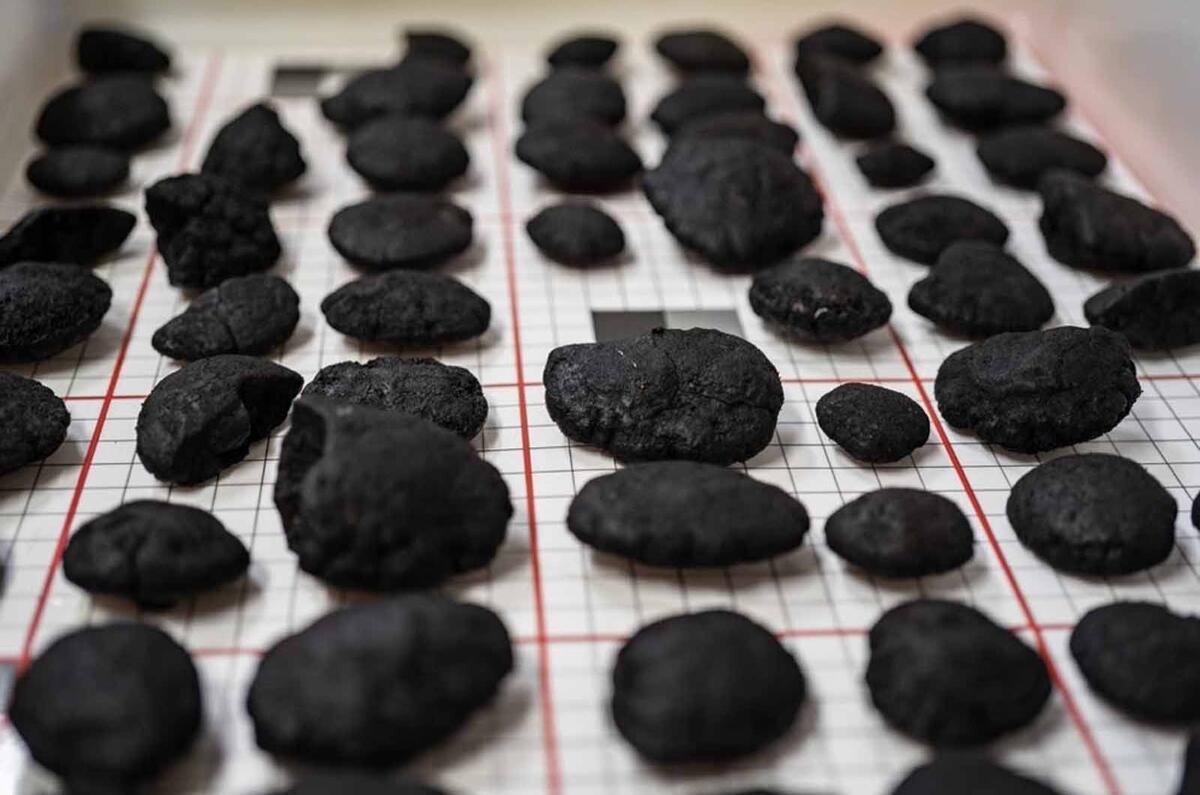As the electric vehicle (EV) revolution continues to gathers momentum, increasing attention is being drawn to the source of the precious metals needed to produce batteries and motors.
The traditional way of sourcing these metals, which include copper, nickel, cobalt and manganese, is through mining on land - an inherently wasteful process that can be toxic to the local area and highly polluting to the wider ecosystem. However, a new study – funded by Canadian deep-sea mining firm DeepGreen Metals but conducted independently – has highlighted an alternative source: the Pacific Ocean.
A year-long Life Cycle Sustainability Assessment compared the environmental impact of land mining with collecting mineral-rich polymetallic nodules from the ocean floor to produce one billion EV batteries. It found that the latter process produced 70% less CO2 and 100% less solid waste while using 94% less land and 92% less forest.
The relative impact study also found that 93% less wildlife was at risk. However, while it acknowledged the number of species in the deep sea collection area was limited, much remains unknown about the variety of species that live there and the wider ecosystem. DeepGreen intends to conduct a more in-depth, multi-year study into the long-term effects on the seabed.
"Extraction of virgin metals from any source is by definition not sustainable and generates environmental damage," said DeepGreen chairman and CEO Gerard Barron. "We believe the polymetallic nodules are an important part of the solution. They contain high concentrations of nickel, cobalt and manganese; they're effectively an EV battery in a rock."
The nodules are said to be made of almost 100% usable materials and are non-toxic, whereas land-mined ores have a much lower yield rate and do contain toxic elements.



Join the debate
scrap
The risks to the deep sea
The risks to the deep sea ecosystem are largely unknown and deeply problematic. This study is funded by a deep sea mining company which clearly has a vested interest. Credible journalists and media outlets really should check their sources much better before reporting such findings in such an uncritical manner.
This is highly irresponsible, Autocar, and deeply disappointing. At the very least, you should have sought opinion from non-biased expertise before publishing.
Torque Stear
scrap wrote:
The artical does state who funded the research so the reader has enough information to come to those conclusions themselves.
The oponents of deep sea mining have no similar studies they mainly talk around uncertainties and focus on the damage on its own rather than accepting that we need the materials and comparing it to alternative sources.
From a first principles basis the deep ocean floor is more a desert than the Sahara, life in the sea is very concentrated into areas with high levels of nutrients.
scrap
The difference is that those
The difference is that those cautioning against deep sea mining do not have a profit motive for doing so. Much more independent research is needed. History teaches us that nothing is risk-free and everything has consequences.
rare
Think I'm going to get myself
Think I'm going to get myself a horse. Much more sustainable.
405line
So now
what we might do is completely wreck the oceans for materials for EVs. Just like I thought, a load of money and sponsorship coming from interested parties and then after the public acceptance the real truth emerges and the reality starts along with the 18 or so nuclear powerstations required and that's just for the UK.
Harry P
Misleading
The article is misleading as it states “collecting from the sea floor”as if this material is simply lying on the sea floor waiting to be picked up and collected. I imagine that it is far more hazardous and involves extraction from the sea bed!
Which like nuclear production. Is clean and fine until it goes wrong!
Torque Stear
Harry P wrote:
Add up all the deaths associated with nuclear including the most pessimistic estimates for Chernobyl (not the type of reactor anyone else uses) and it is still be far and away the safest method generating power, more people fall of the tops of wind turbines.
The method of mining is to run what ammounts to a scarifier over the ocean floor. This compares to land deposits where overburden tens to hundreds of meters deep need to be removed before an ore which is only a few % of the material you actually want is removed.
The nodules on the ocean floor are highly concentrated and one the surface so the amount of material moved is pretty low.
Peter Cavellini
The North Sea.
They've been taking Oil out there since the mid 70's, I can't quote any evidence of environmental damage, so, I'd want know, from an independent body, how safe it is to mine this stuff?
Add your comment